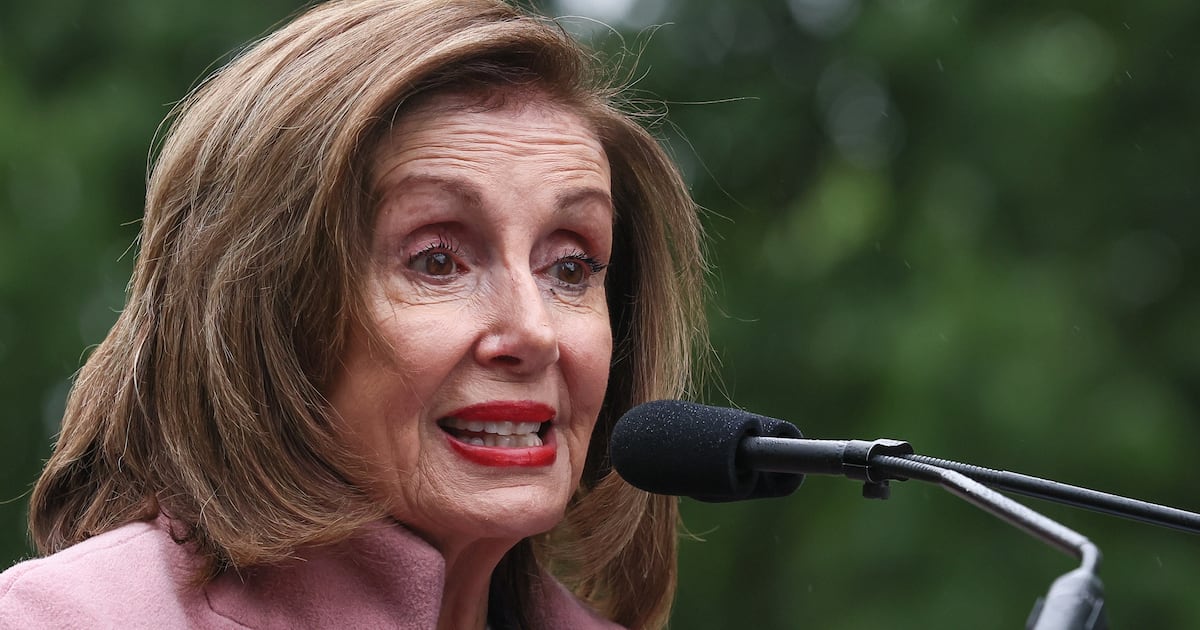
Is Obama selling out his supporters? Such an article would pretty much write itself about any elected official. After all, as Mario Cuomo once put it, “We campaign in poetry, but govern in prose.” Even so, The New York Times treated us to the front-page news that our president was a sellout, even as it also admitted that it was somehow “inevitable” that Obama would be able to live up to his “bold proposals” and “lofty pledge[s]” of campaigns gone by.
It’s not hard, when you’re calling from The New York Times, to get “experts” to agree with your thesis, however flimsy.
Then again, what The Times first and second paragraphs taketh, the third paragraph giveth back. “Mr. Obama has not conceded on any major priority.” In fact, the only things its reporters find that Obama has caved on are things nobody knew he cared about in the first place. For instance, we learn that “Congressional Democrats effectively killed his proposal to slash farm subsidies by nearly $1 billion a year, and forced him to retreat partially on a plan to require private insurers to pick up more of veterans’ health costs. They also got him to shelve the idea of a commission to buttress Social Security’s finances. And Thursday, Mr. Obama suggested that he would not fight in Congress to renew an assault weapons ban that expired in 2004.”
Let’s take these one by one. First off, did anyone actually vote for Obama, as opposed to either Hillary, Edwards, or McCain, because of his pledge to slash farm subsidies? I mean, it would have been nice, but… (And since when is having your proposal “effectively killed” the equivalent of “a willingness to capitulate?”) Ditto, on the private insurers paying more of veterans’ health care costs. Did that even come up during the campaign? And finally, the Social Security commission thing. I watched the election pretty carefully. Did I go to the bathroom during that part?
It’s not hard, when you’re calling from The New York Times, to get “experts” to agree with your thesis, however flimsy. Interestingly, the guy chosen by the Times reporters for this front-page shocker is unknown to me, and I’m guessing to you, too. “The thing we still don’t know about him is what he is willing to fight for,” said Leonard Burman, an economist at the Urban Institute and a Treasury Department official in the Clinton administration. “The thing I worry about is that he likes giving good speeches, he likes the adulation and he likes to make people happy.”
Ruhhly, is there anything to this story at all?
Actually, according to its authors, perhaps not. They admit that “The extent to which he is willing to yield to lobbyists, Congressional committee leaders and interest groups, however, will be determined as the White House tackles health care and other big issues on a list that seems to grow: I mmigration, for instance, is now in the mix.” They give Rahm Emanuel the opportunity to make the opposite case that “we’ve taken on a series of entrenched interests across the waterfront—from education to health care, and the defense industry, and the lobbying industry as a whole.” And there are those anonymous “allies” who point to “his winning the second $350 billion in financial bailout money from a reluctant Congress; a pay-equity law for women; expanded government health insurance for children, including—at his insistence—legal immigrant children; and the $787 billion economic recovery bill that reached his desk, as demanded, by mid-February.” And they further admit that these fights “may end up looking easy compared with the fight on health care, which will most likely require him to stand up to hospitals, doctors, insurance companies and their patrons in Congress. He might have to finance the plan in a way that raises costs for the middle class, perhaps by taxing employer-provided health benefits—an idea he attacked in the campaign.”
So again, what do they have to support their front-page thesis of an allegedly cajones-less presidency? Well, finally we get to the point: “Facing Democratic opposition in Congress, the White House seems prepared to give up on several tax proposals, including a limit on deductions that the wealthiest taxpayers can claim for charitable donations and state and local taxes, which was supposed to help pay for health-care legislation—raising doubts about how the president will finance it.”
There’s that weasel word again: “seems.” Remember journalists use the word “seems” when they want to make stuff up. Perhaps it’s true, but the reporters in question offer not a shred of evidence to support it. And they don’t have to because they said “seems.” (“Seems, madam? Nay it is. I know not seems,” said a wise media critic and a fictional Prince of Denmark.)
The fact is that Obama will be judged on the basis of what he ultimately accomplishes. So far, he’s passed a massive stimulus bill, and promised to end George Bush’s foolish war in Iraq, redirect U.S. foreign policy in Europe, the Middle East and Latin America, close Guantánamo, and end the CIA’s practice of torturing terrorist suspects. He’s raising taxes on the rich, allowing stem-cell research, and giving the EPA the right to regulate greenhouse gases. He’s even making nice to Castro and high-fiving Hugo Chavez. You’ve got entire segments of the Republican right flipping out over both his socialist and fascist tendencies simultaneously.
Is he taking “softer stands,” as The Times front-page headline insists? Well, he’s president now. It would be amazing if he didn’t. That is the way things actually get done in politics, after all. Even so, however, in a front-page headline, the paper manages to leave its central and remarkably mundane thesis somehow unproven. You might even say it made some “bold proposals” and “lofty pledges” from which it quickly backed away.
Eric Alterman is a professor of English and journalism at Brooklyn College and a professor of journalism at CUNY Graduate School of Journalism. He is the author, most recently, of Why We're Liberals: A Handbook for Restoring America's Important Ideals.






